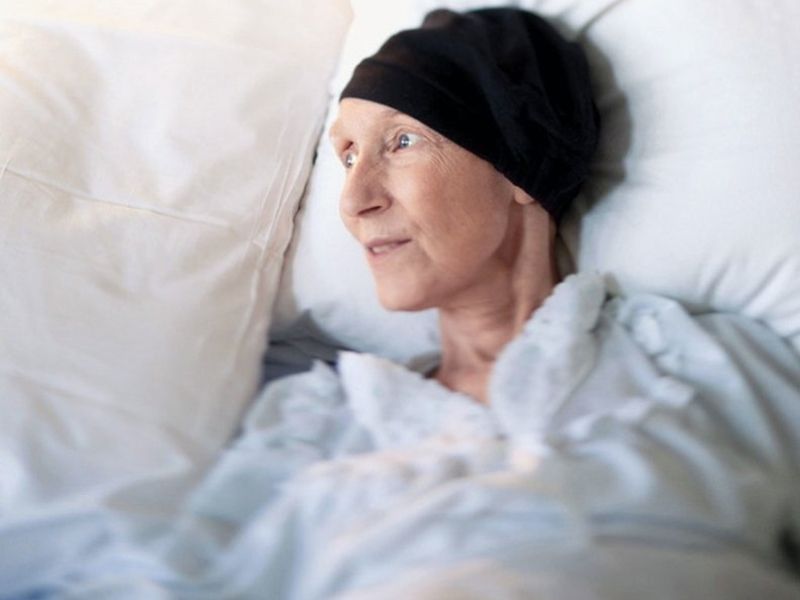
The Senate Finance Committee launched a probe into the private equity ownership of hospice provider Kindred at Home on Friday.
Chairman Ron Wyden (D-Ore.) and Sens. Elizabeth Warren (D-Mass.) and Sherrod Brown (D-Ohio) will lead a review of quality of care and the influence of investors on the Westbury, New York-based company’s operations.
“We are concerned that when applied to hospice care, the private equity model of generating profit on a rapid turnaround can occur at the expense of dying patients and their families,” the senators wrote in a letter sent to David Causby, president and CEO of Kindred at Home Friday.
Kindred at Home provides several home health services including hospice care.
The company plans to cooperate fully with the Senate Finance Committee’s investigation, a spokesperson said. “At this time, it is not appropriate to comment further or provide any additional information or details,” the spokesperson said.
Humana, one of the nation’s largest health insurers, partnered with private equity firms TPG Capital and Welsh, Carson, Anderson & Stowe to purchase Kindred Healthcare for $4 billion in 2018.
Kindred at Home was then spun off into a separate entity owned and operated by Humana and the investors.
Humana announced it would acquire full ownership of Kindred at Home from the investors for $8.1 billion in April and then divest a majority stake at an “attractive valuation,” CFO Brian Kane said during an earnings call earlier this year.
The Democratic senators expressed concern that for-profit ownership of hospice care leads to lower quality, citing a 2019 report from the Government Accountability Office (GAO).
For-profit and non-profit hospices had similar average quality scores based on CMS standards in 2017, but for-profit operations were more often among the subset of providers with the lowest scores. the GAO reported. The investigative agency also determined for-profit providers were more likely to not have hospice staff visit beneficiaries within the last three days of their life.
“Evidence suggests that care quality is lower in for-profit companies, making these ownership trends in the hospice industry a cause for concern,” Wyden, Warren and Brown wrote.
The senators request information from Kindred at Home, including annual average and median lengths of stays since 2011 by branch location, primary diagnoses and location of service, whether it be a private home, nursing home or assisted living facility. They also request data on live discharge rates since 2011, including the reasons for discharges, citing a study showing for-profit hospices have significantly higher rates of live discharges than their not-for-profit counterparts.
Live discharges from hospice could indicate poor quality of care or misuse of the benefit, with providers enrolling patients who aren’t eligible, research has shown.
The senators also ask for a random sampling of complete billing data for patients during the last week of life, including information on race and ethnicity, to determine how often patients are visited in their last two days of life.
Twelve percent of patients received no professional staff visits during the the two days of their lives, and Black patients were less likely than white patients to receive visits, according to a study published in the Journal of the American Medical Association in 2016.
The hospice industry is now worth about $20 billion, with for-profit companies accounting for an increasingly large share of that revenue. Medicare pays for 90% of hospice days provided in the U.S.
Source link : https://www.modernhealthcare.com/hospice/kindred-homes-private-equity-owners-under-senate-investigation











